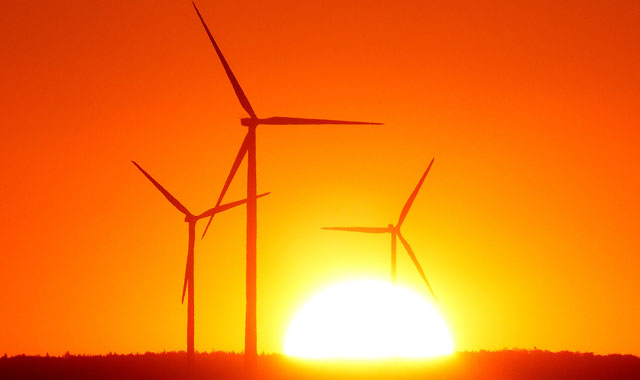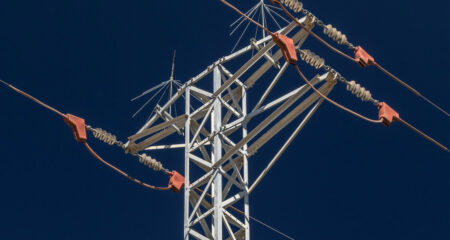
National energy regulator Nersa has launched a formal investigation into Eskom’s refusal to sign at least 37 outstanding power purchase agreements with independent power producers.
This follows a complaint by the South African Wind Energy Association (Sawea) lodged in October last year.
An 11 April deadline set by former energy minister Tina Joemat-Pettersson for the signing was cancelled when a new energy minister was appointed in President Jacob Zuma’s cabinet reshuffle. No new deadline was set.
The projects represent an investment of R50bn. The power purchase agreements are a prerequisite for financial close, which means construction cannot start and the whole process stalls.
Eskom has delayed signing the agreements by more than a year already and caused concern that international investors might withdraw from the programme.
The South African Renewable Energy Council earlier got a legal opinion, stating that Eskom was legally bound to sign the agreements. Zuma, in his state of the nation address in February, announced that Eskom would sign the agreements.
The utility nevertheless refuses to do so, arguing that renewable energy is expensive and Eskom has a surplus generation capacity from its own fleet.
Sawea asked Nersa in October to find that Eskom is contravening its licence conditions and to impose a fine of 10% of Eskom’s annual turnover per day, from the day Eskom receives the notice of contravention until the agreements are signed.
Sawea CEO Brenda Martin says the association’s aim is not to impose penalties on Eskom as such. It merely wants the agreements to be signed and is asking for the penalties in an effort to force Eskom to do so.
In its complaint, Sawea lists the laws, ministerial regulations and licences that empower the minister of energy to procure new generation capacity and energy from independent power producers (IPPs) and to instruct Eskom to enter into the resulting power purchase agreements as the buyer.
“As far as we are aware, the legal framework does not grant Eskom any discretion in this regard”, Sawea says.
The association further points out that Eskom has no undue financial risk. The risks are allocated to either the IPP, the consumer from whom cost is recovered through tariffs or the state “via the government guarantee contained in the implementation agreement between each IPP and the department of energy”.
Sawea points out that Eskom previously tried to block or delay the implementation of the department of energy’s renewable energy independent power producer procurement programme when it requested exemption from the obligation to issue quotes to customers for new connections to its grid.
Eskom later resumed issuing the budget quotes.
Nersa’s electricity subcommittee last week decided to proceed with a formal investigation into Eskom’s conduct after a preliminary investigation found that there was sufficient grounds to warrant further action.
It decided that Nersa’s full-time regulator member for electricity, Mbulelo Ncetezo, would head up the investigation.
Martin says Nersa will establish a tribunal to consider the findings. She says the entire process could be finalised within two weeks.
- This article was originally published on Moneyweb and is used here with permission




